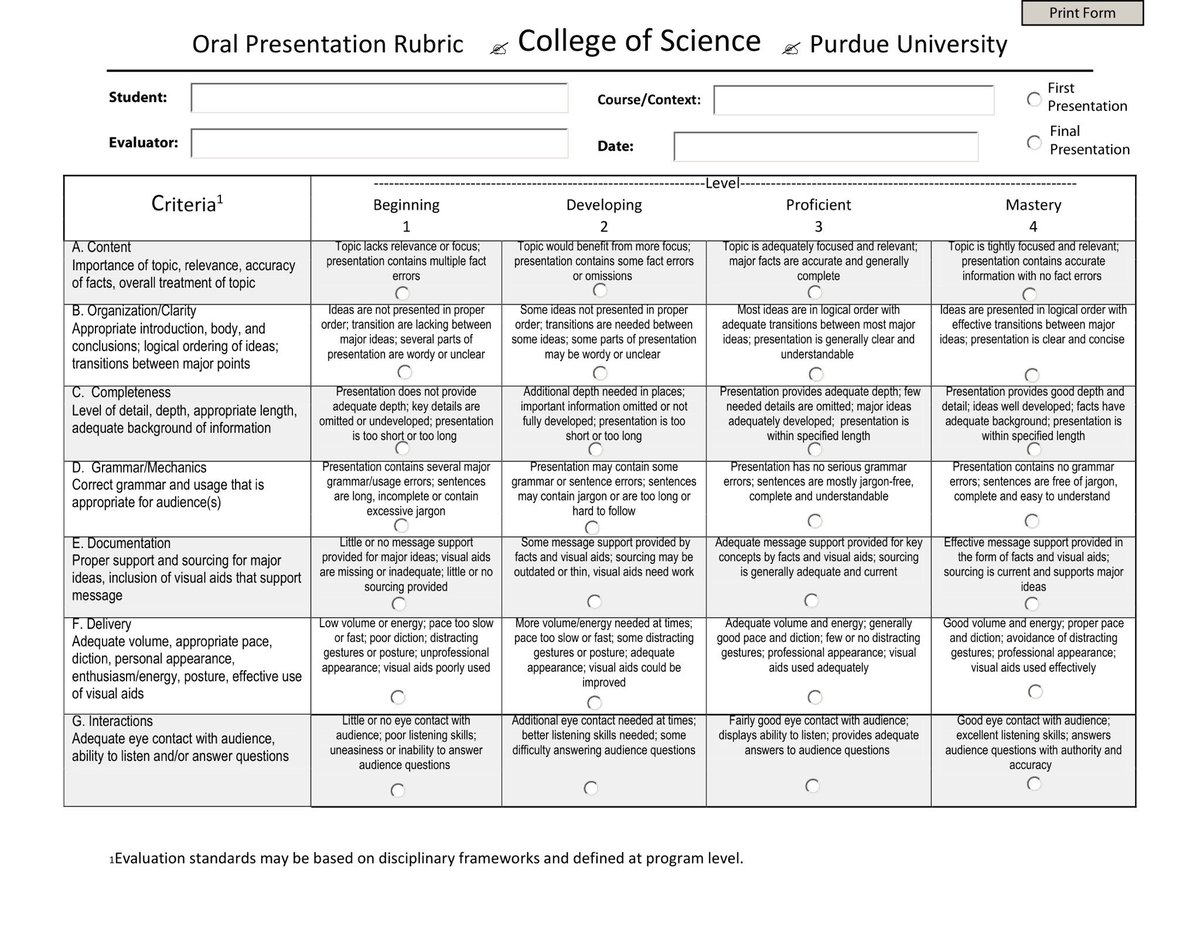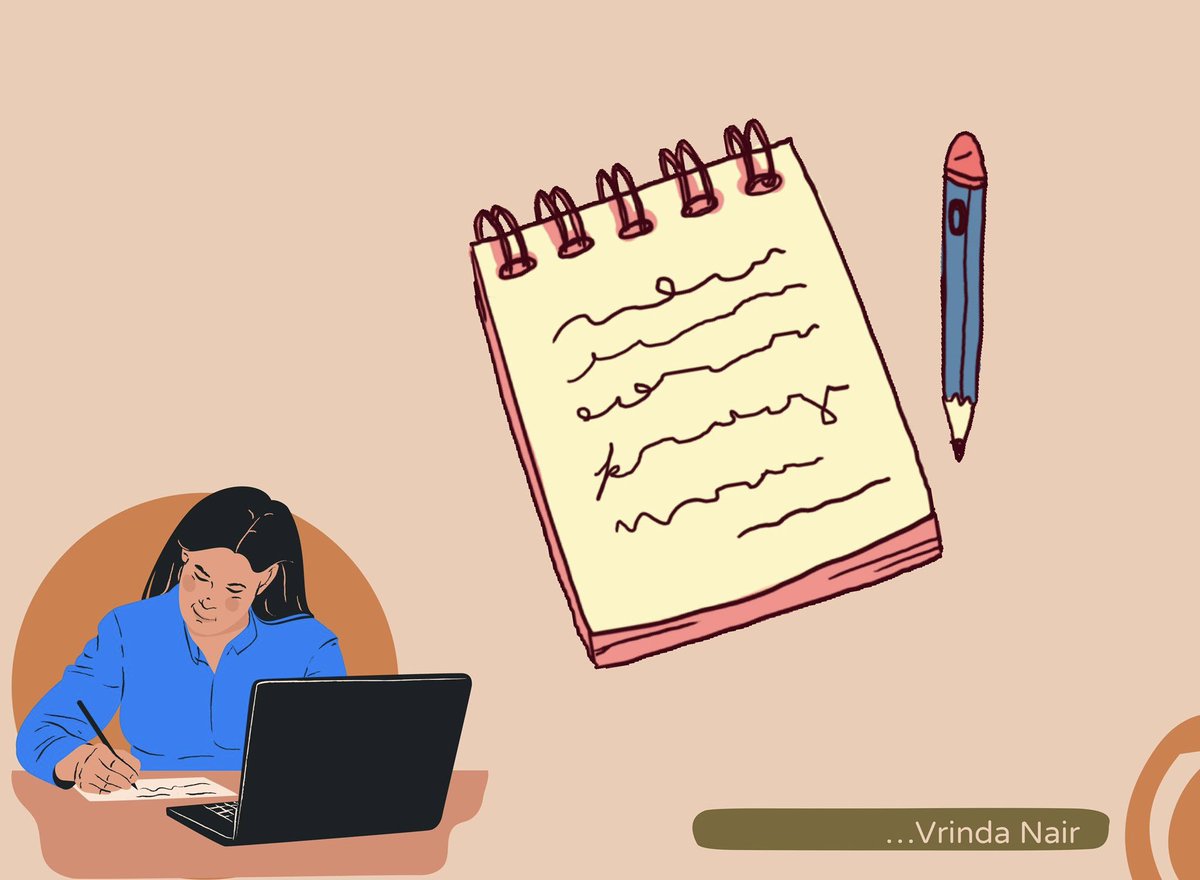How I maintain a lab notebook/record.
A 🧵
Having all your protocols, experiments, notes, inventory and many other pieces of information in one place feel great. Right?
@OpenAcademics @ThePhDPlace #AcademicChatter #PhDvoice #scicomm
A 🧵
Having all your protocols, experiments, notes, inventory and many other pieces of information in one place feel great. Right?
@OpenAcademics @ThePhDPlace #AcademicChatter #PhDvoice #scicomm
Our lab uses @Labstep for maintaining all records digitally and it was recommended to me by my supervisor. I also maintain a physical notebook to write all the notes first and later update them in the digital notebook.
Note: All the sample images in the thread are not from my actual notebook.
1.Here's an overview of what your workspace will look like -- you can invite members into your workspace and collaborate with them.
1.Here's an overview of what your workspace will look like -- you can invite members into your workspace and collaborate with them.

In the message board, you can tag someone from your lab and let them know any updates.
2.Then, I head over to the protocol section and add all the protocols which I have to do now and or later.
Sample:
2.Then, I head over to the protocol section and add all the protocols which I have to do now and or later.
Sample:

I add links to papers (imp) that I want to refer to, my notion workspace, GitHub page and write notes too. You get other options in the sidebar. My personal favourite is - when my supervisor adds a protocol, I can simply go to duplicate feature and add it to my workspace.
Sample
Sample

3.Now, in the experiment section -- you can write which experiment you are running and mark the progress. You can also see if your experiment is in progress, planning or completed from the overview page too. 

Also, in the sidebar, there are various options to share your experiments, you can lock it for security reasons and many more. 

4.In the overview, you can keep track of your order management, link instruments and devices etc. 

5. As I mentioned, I also keep a physical notebook to write notes and updates. I usually write urgent notes like “to do” in red pen (just to act fast on it) and notes with a green or blue pen.
Anyways, I hope you can take away some points.
Thank you for reading!
Anyways, I hope you can take away some points.
Thank you for reading!
A thread that goes along with the topic!
https://twitter.com/VnVrinda/status/1544041502841733121
• • •
Missing some Tweet in this thread? You can try to
force a refresh












